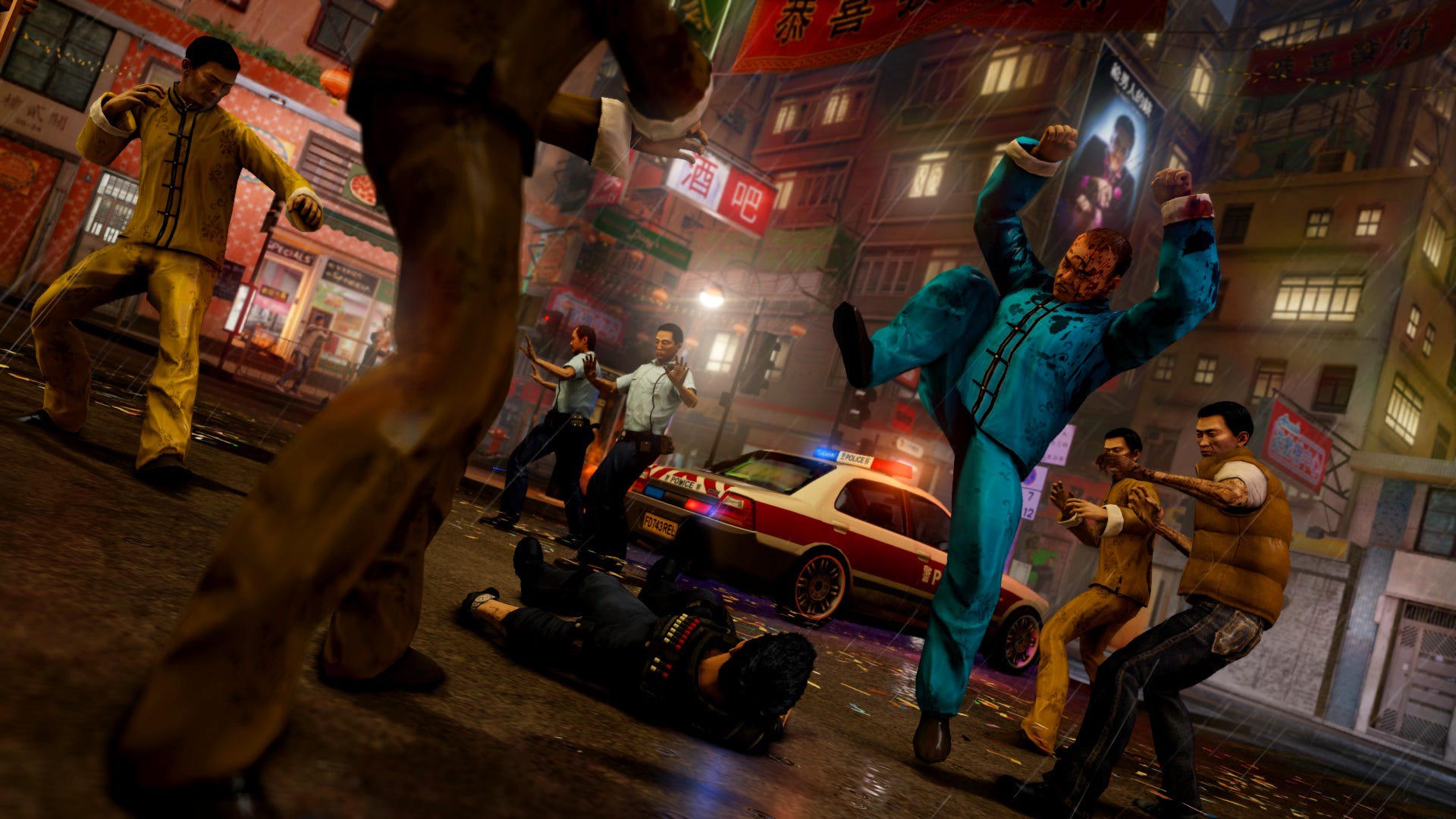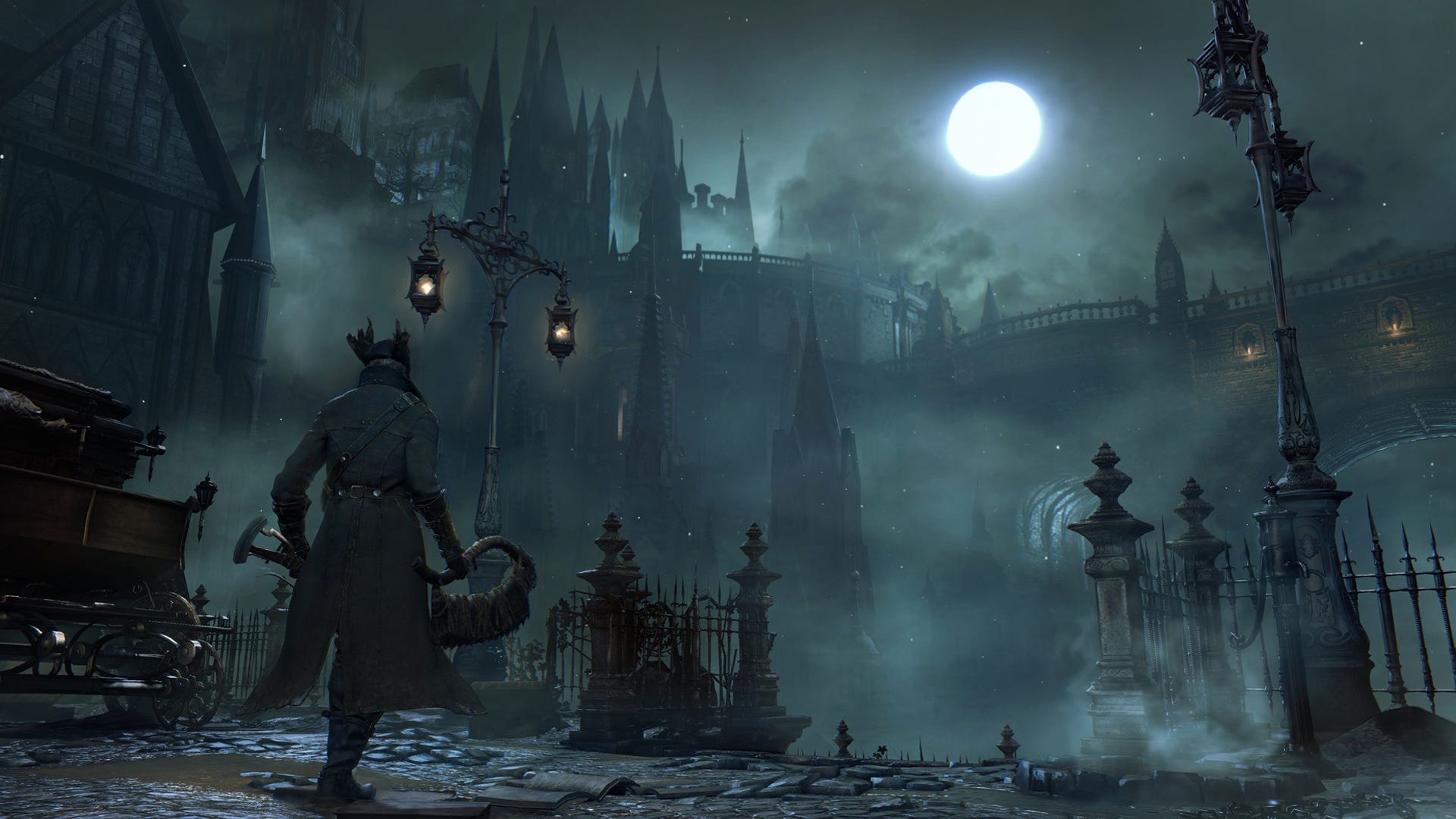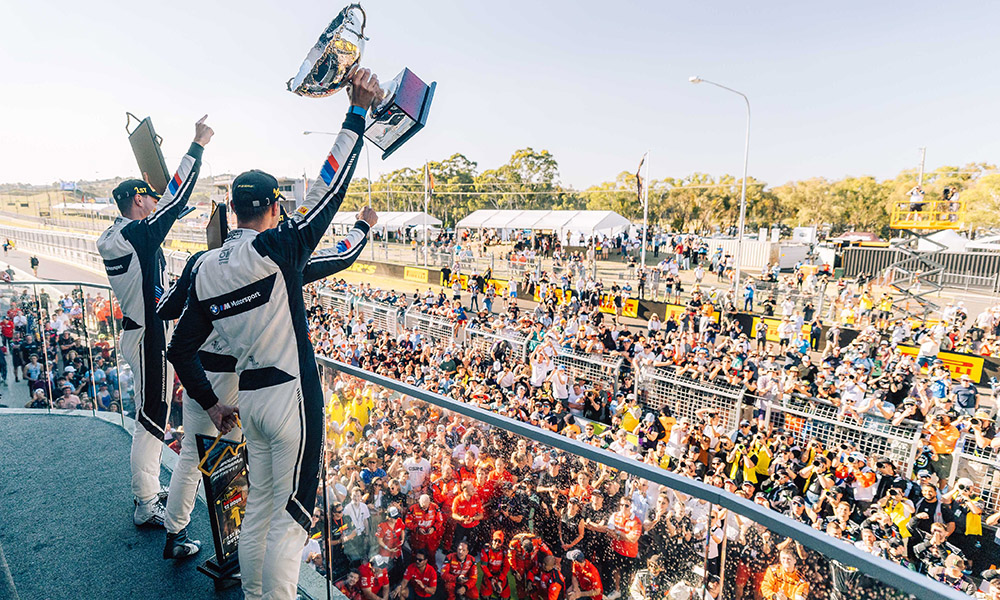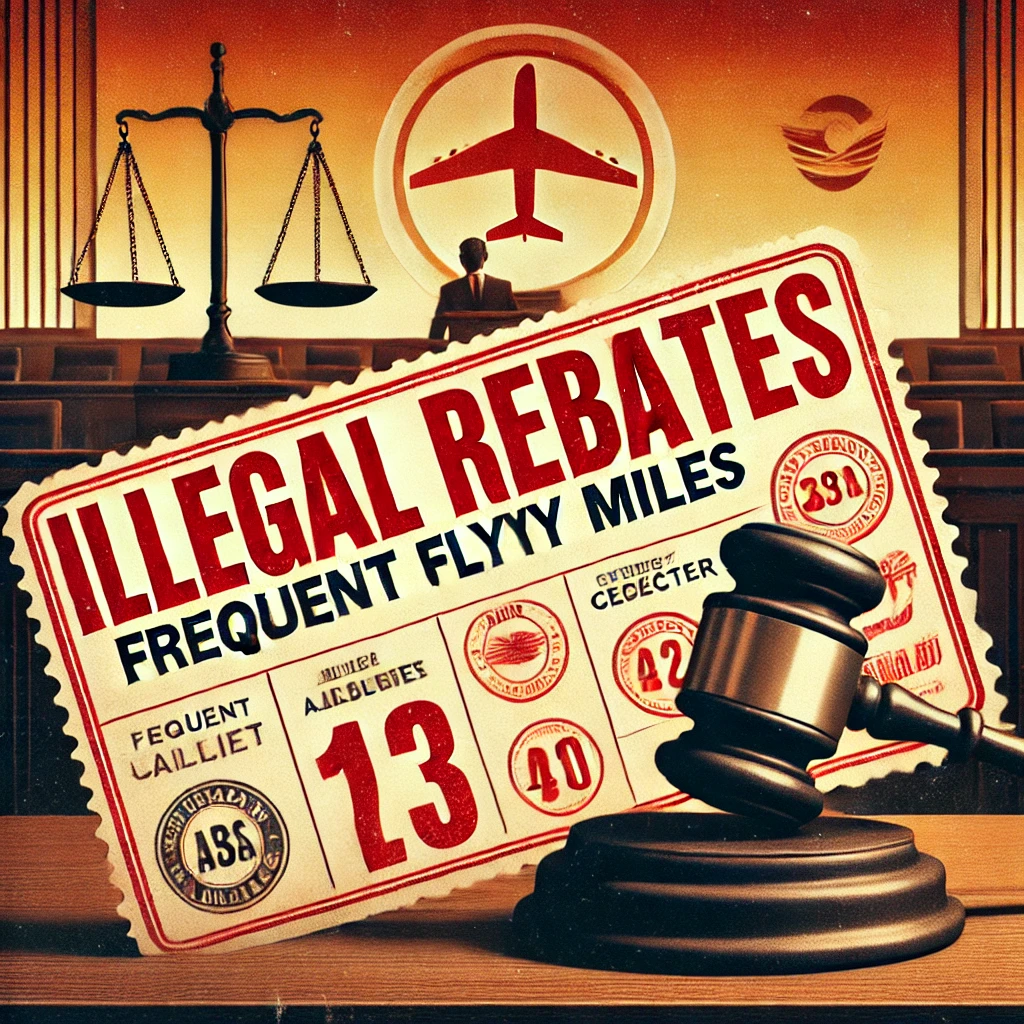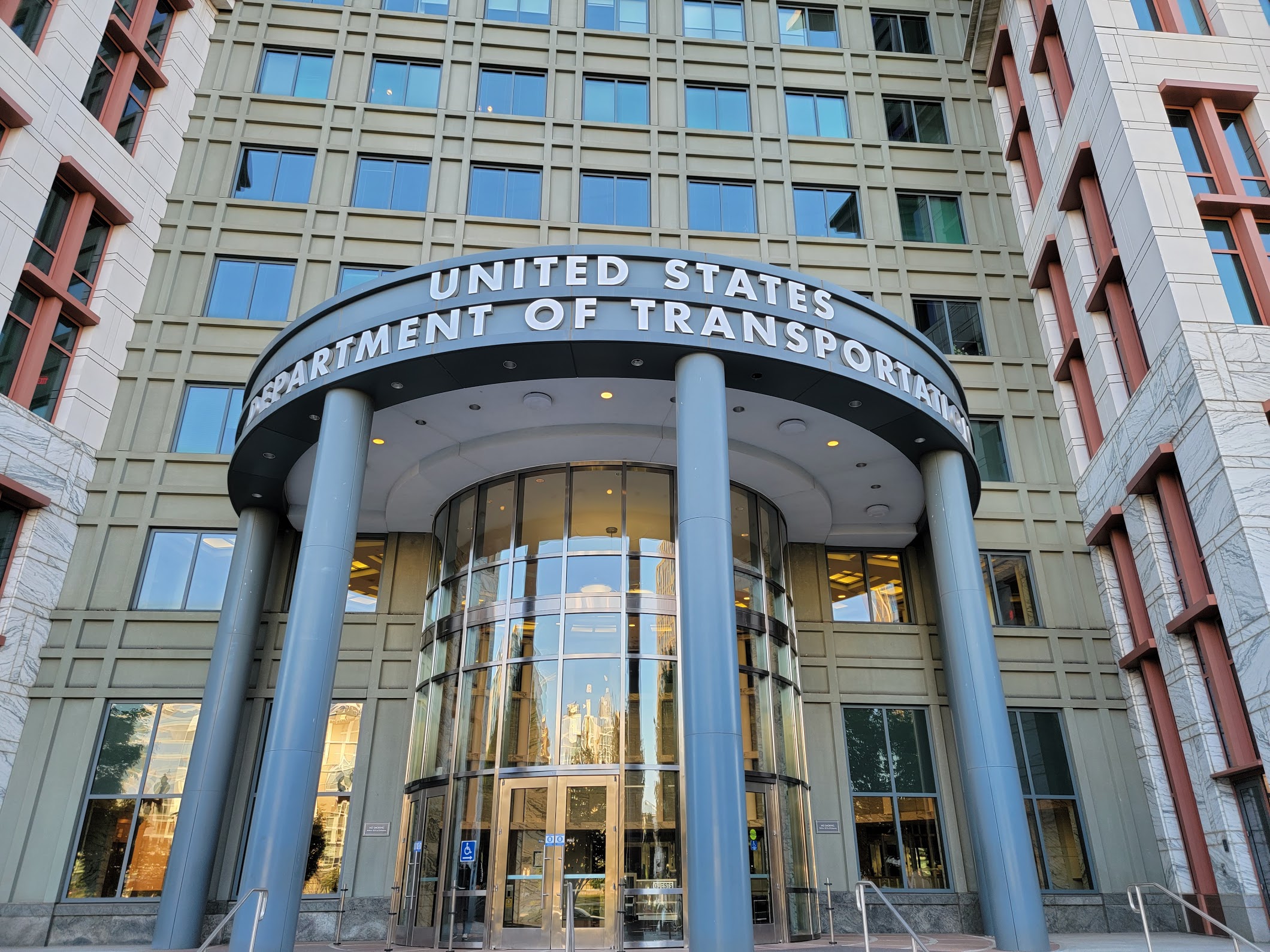The Sound of Utopia: Musicians in the Time of Stalin review – hymn to the exiled and executed
This moving study of the Russian composers and performers who fell foul of the Soviet dictator features stories that freeze the veins and stir the heartThrough all the blood and ice of Russian history, the national music has been a balm. Composers and performers have given a voice to the soul of their people, in all its suffering and bloody-mindedness, as well as to the enigma of their illimitable homeland. In the depths of the German siege of Leningrad of 1941-44, in which an estimated 1.5 million people died, Stalin airlifted musicians into the starving city in an effort to raise morale. Music has also soundtracked turning points in the cold war and the career of Vladimir Putin. When the KGB defector Oleg Gordievsky was smuggled out of Moscow in the boot of a car by British spymasters in 1985, the signal that he was finally safe was Sibelius’s Finlandia playing on the car stereo. After Russia launched a military intervention in Syria in 2015 on behalf of the now departed Bashar al-Assad, Putin flew the cellist Sergei Roldugin to Palmyra to perform among its ancient ruins, in an echo of Leningrad.Michel Krielaars, a Dutch journalist and classical music enthusiast, was posted to Moscow by his newspaper in 2007. A neighbour told him that, as a boy, he had attended recitals given by Sviatoslav Richter, “the greatest pianist of the Soviet Union for nearly half a century”, according to Krielaars. He wonders what became of this “timid” maestro, who would tiptoe from the wings of a concert hall “as though unsure of what business he has there”. Despite his renown, he fell under suspicion during the second world war because his father was German. Richter Sr was executed by the secret police in Odesa. The pianist refused to play in that city again. It’s now a Ukrainian stronghold resisting Putin’s forces. Continue reading...

This moving study of the Russian composers and performers who fell foul of the Soviet dictator features stories that freeze the veins and stir the heart
Through all the blood and ice of Russian history, the national music has been a balm. Composers and performers have given a voice to the soul of their people, in all its suffering and bloody-mindedness, as well as to the enigma of their illimitable homeland. In the depths of the German siege of Leningrad of 1941-44, in which an estimated 1.5 million people died, Stalin airlifted musicians into the starving city in an effort to raise morale. Music has also soundtracked turning points in the cold war and the career of Vladimir Putin. When the KGB defector Oleg Gordievsky was smuggled out of Moscow in the boot of a car by British spymasters in 1985, the signal that he was finally safe was Sibelius’s Finlandia playing on the car stereo. After Russia launched a military intervention in Syria in 2015 on behalf of the now departed Bashar al-Assad, Putin flew the cellist Sergei Roldugin to Palmyra to perform among its ancient ruins, in an echo of Leningrad.
Michel Krielaars, a Dutch journalist and classical music enthusiast, was posted to Moscow by his newspaper in 2007. A neighbour told him that, as a boy, he had attended recitals given by Sviatoslav Richter, “the greatest pianist of the Soviet Union for nearly half a century”, according to Krielaars. He wonders what became of this “timid” maestro, who would tiptoe from the wings of a concert hall “as though unsure of what business he has there”. Despite his renown, he fell under suspicion during the second world war because his father was German. Richter Sr was executed by the secret police in Odesa. The pianist refused to play in that city again. It’s now a Ukrainian stronghold resisting Putin’s forces. Continue reading...
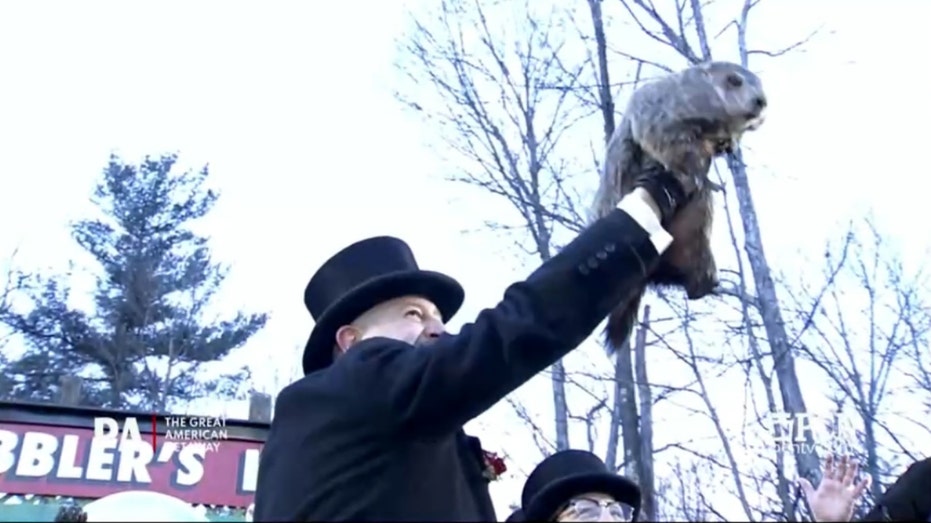


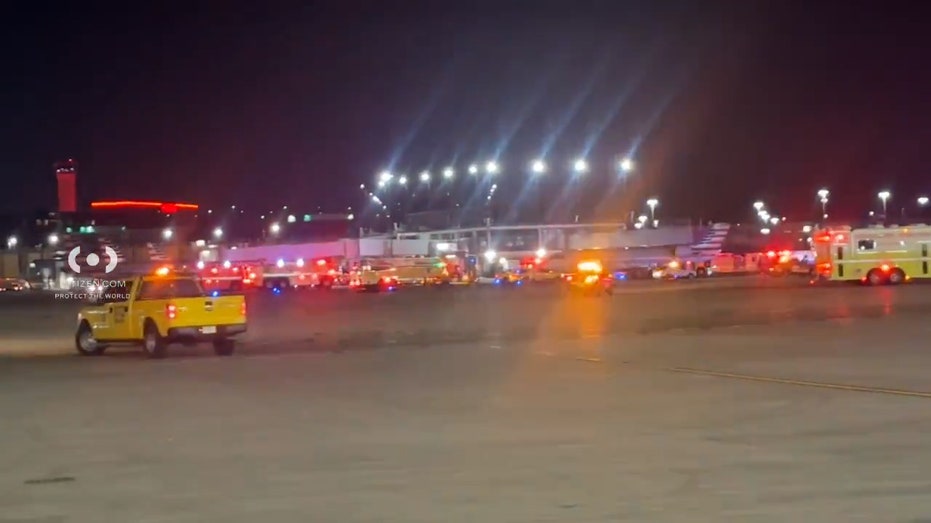





![[DEALS] iScanner App: Lifetime Subscription (79% off) & Other Deals Up To 98% Off – Offers End Soon!](https://www.javacodegeeks.com/wp-content/uploads/2012/12/jcg-logo.jpg)









